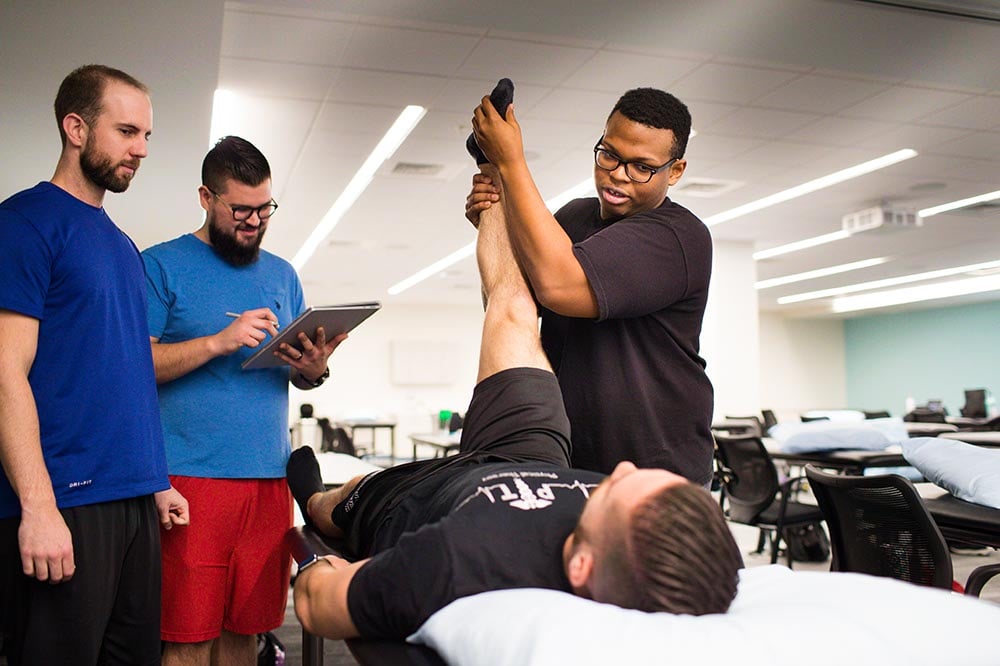Physical therapy is a type of rehabilitation that helps patients regain movement and function following an injury or surgery. Physical therapists use a variety of techniques to help their patients, including exercises, stretching, and massage.If you are looking for physical therapists then check Family Physiotherapy.

Image Source=Google
Physical therapy can be beneficial for children who have difficulty with gross motor skills, such as walking or climbing stairs. It can also help children who have pain or reduced range of motion due to conditions such as cerebral palsy or muscular dystrophy.
What conditions can physical therapy help with?
There are a variety of conditions that can be helped with physical therapy. Here are some examples:
Musculoskeletal problems: Physical therapists can help children with conditions such as cerebral palsy, muscular dystrophy, and scoliosis. They can also help with injuries such as fractures and sprains.
Developmental delays: Physical therapy can help children who have delayed gross motor skills (such as sitting, standing, and walking) or fine motor skills (such as writing and using utensils).
How to find a qualified physical therapist
If your child has been diagnosed with a physical condition that requires therapy, you may be wondering how to find a qualified physical therapist. Here are some tips:
1. Ask your child's doctor for a referral. Your child's doctor is a good resource for finding a qualified physical therapist.
2. Contact your local hospital or rehabilitation center. Many hospitals and rehab centers have their own staff of physical therapists who can provide care for your child.
3. Look for a therapist who is credentialed by the American Physical Therapy Association (APTA).
4. Ask about the therapist's experience treating children with conditions similar to your child's. It's important to find a therapist who has experience treating children with conditions similar to your child's, as they will be best equipped to understand and meet your child's specific needs.
